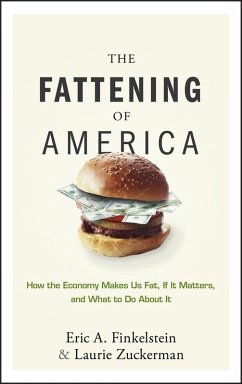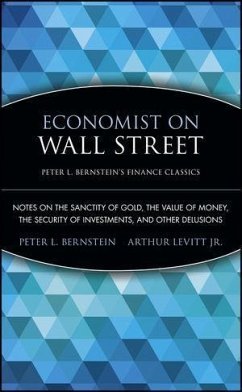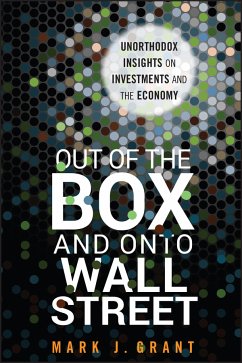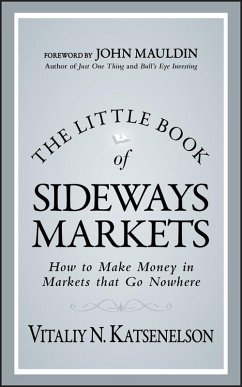"Fatty, fat, fat, fat," chants Bart Simpson. He has a point. Americans are getting fatter. But health economist Finkelstein (public health economics program, Research Triangle Inst.; coauthor, with Phaedra S. Corso and Ted R. Miller, The Incidence and Economic Burden of Injuries in the United States) and business writer Zuckerman (coauthor with Mary Cantando, Nine Lives: Stories of Women Business Owners Landing on Their Feet) analyze the finances behind the fat. They trace some of the familiar causes of the bulging American waistline that Greg Critzer identified in Fat Land: How Americans Became the Fattest People in the World. They weigh in on the economics of obesity, which they trace back to predictable sources such as school lunch
rooms, fast food, television, commuting, and working moms. Then they target some surprising causes, including health insurance. On the flip side, they detail the economic consequences of obesity. For instance, obese employees take more sick days than do normal-weight employees-and their paychecks are slimmer. The authors highlight fascinating new scientific research into the causes of obesity and offer tips on lightening your load over the long haul. This book serves up a healthy selection for public and academic library business collections.--Carol J. Elsen, Univ. of Wisconsin, Whitewater (Library Journal, January 2008)
Everyone knows Americans are growing fatter, but health economist Finkelstein crunches the economic figures behind the nation's obesity epidemic and the results aren't pretty. Along with health-care writer Zuckerman, researcher Finkelstein delves into how modern technology reduces the cost of producing higher-calorie processed goods, decreases our activity level and puts our health in danger. Finkelstein debunks myths about the long-range cost of food production and consumption and scrutinizes the impact of genetics and U.S. fiscal policy on the nation's waistline, frequently using economics metrics in his analysis. Generous with summaries of major points, Finkelstein simplifies current stats to explain how the country's thunderous weight gain is straining Medicare and Medicaid and hurting our military readiness. The only positive effect he sees from the obesity epidemic is the creation of the "ObesEconomy"--a market sustained by gyms, diet drugs and other products and services designed to curb weight gain. Horrified by studies that reveal that obese children have a quality of life similar to children with cancer, the investigatory economist even throws in some health tips on dropping pounds. Despite a frequent reliance on economic tools and indicators, this combination study/motivational guide makes for a pleasant educational read, comparable to a vegetable puree snuck into a dessert. (Jan.) (Publishers Weekly, December 3, 2007)
"Finkelstein's tone is chatty and accessible...obesity is ultimately bad economics." (Financial Times, Saturday 16th February 2008)
"The authors show there is a casual relationship between the growth of the waistline and the changing shape of the economy." (Securities & Investment Review, March 2008)















